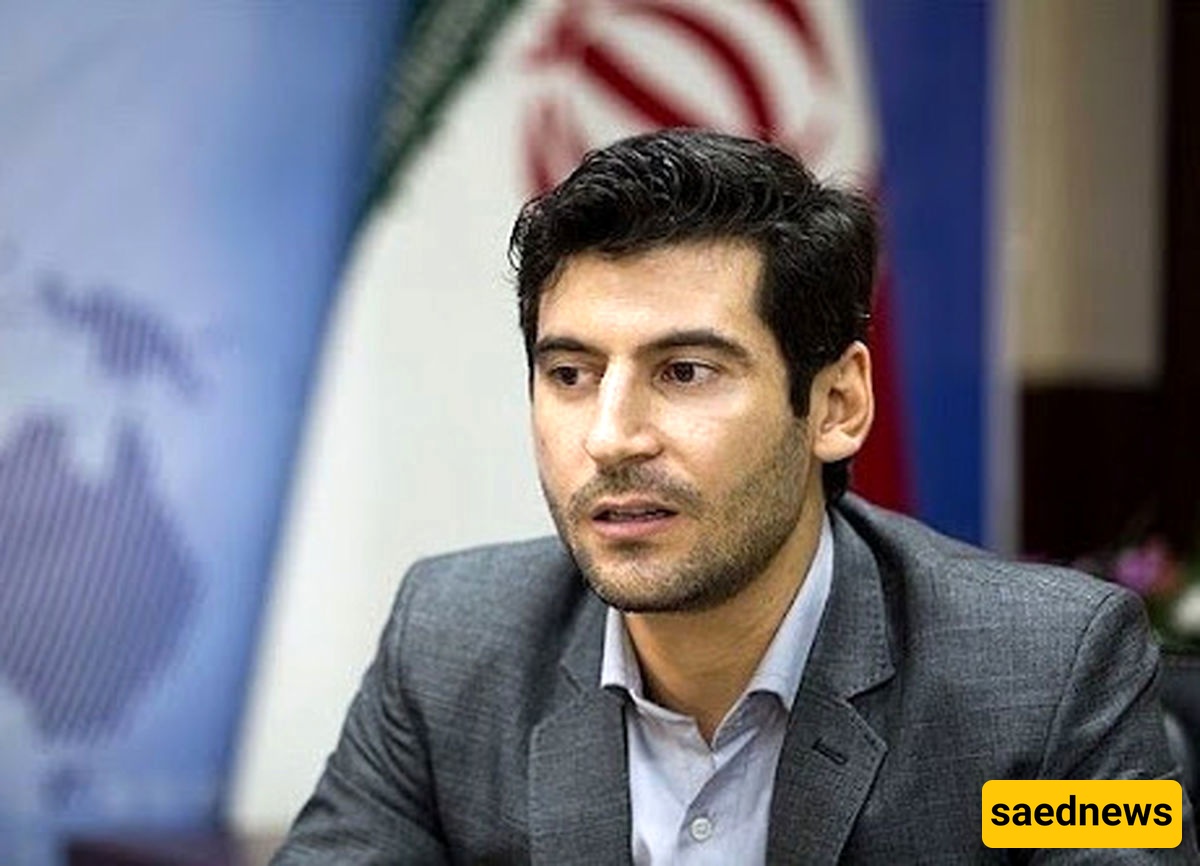SAEDNEWS: Shoaib Bahman, a Russia expert, asserts that while Russia and China consider the snapback mechanism legally questionable, the process could still advance through the UN Security Council, highlighting Iran’s ongoing indirect negotiations with the U.S.

Shoaib Bahman, a Russian affairs expert, told Etemad Online that with Russia assuming the UN Security Council presidency from the beginning of Mehr (September), the country’s role in either activating or blocking the snapback mechanism is critical. He noted that the European countries, despite their efforts, lack legal standing to activate the snapback mechanism. They believe that the JCPOA effectively ceased to exist after the U.S. withdrawal and European inaction, leaving no legal basis to invoke the mechanism. This view aligns with Russia, and China largely shares this perspective. Iran’s stance is largely similar.
However, Bahman emphasized that the snapback mechanism, designed within the JCPOA framework, complicates matters at the Security Council. Unlike typical Security Council procedures where permanent members can veto decisions, the snapback mechanism is structured to limit veto rights, meaning opposition from Russia or China cannot fully prevent its activation if initiated by European states. Therefore, given the snapback model, the likelihood of activation and completion is very high.
Regarding earlier speculation about China mediating between Iran and the U.S., Bahman stated that Iran has been negotiating indirectly with the U.S. through Oman. In the future, other countries including China, Russia, or others could serve as mediators. Ultimately, the outcome depends on the genuine willingness of the parties to reach an agreement.
He noted that previous negotiation experiences, especially during periods of U.S. and Israeli military actions, were unfavorable. The priority should be on the real willingness of both sides to negotiate, as any attempt by the U.S. to exert pressure or use force would lead to failure, regardless of mediation efforts by Russia, Oman, or others.
Bahman concluded that if the parties are genuinely willing, Iran is prepared to return to the negotiation table as it has in the past. The decisive factor will be the willingness to negotiate, with mediators playing a secondary role.

